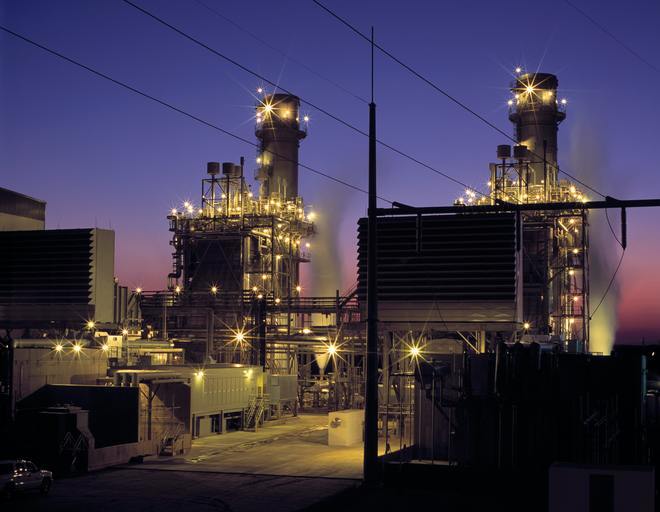At a time when good news is scarce, one positive announcement spread quickly this month: there is less coal economy due to the pandemic. Not only did lower electricity consumption during the lockdowns in individual countries contribute to the temporary closure of coal-fired power plants in 2020; Portugal, for example, also moved up its end date for coal-fired energy by a few years because the costs were too high. The pandemic reinforced the certainty that the dirtiest form of energy supply is finally meeting its end. This trend is so sustainable that even the artificial extension of power plant lifetimes with the help of taxpayers' money in parts of Eastern Europe will not change it. It is further reinforced by the EU's new climate targets, which are not sufficient to meet the 1.5 degree limit, but in line with which Europe's largest emitter, Germany, must nevertheless bring forward its coal phase-out by eight years to 2030.
In the meantime, it is becoming increasingly clear where the focus is - not only for the German government but also for large parts of the industry: gas. Today, Germany is already the largest importer of gas in Europe. The success of the sustainable transformation of the energy system will be largely decided by the energy industry laws and investments of the coming years. After all, no national plan for phasing out fossil fuels has had such a major impact on pan-European emissions.
Just how far the Große Koalition (the grand coalition between SPD and CDU) will go to avoid jeopardising today's investments in the expansion of gas infrastructure is shown by a letter from German Finance Minister Olaf Scholz to the former US Treasury Secretary in the Trump cabinet, Steven Mnuchin. In it, the Social Democratic minister and candidate for chancellor offers the U.S. government one billion euros in taxpayer money to help build LNG terminals to import liquefied natural gas from the US. In return, Washington should lift sanctions on companies involved in the Nordstream 2 gas pipeline. Taxpayer money for US fracked gas to complete a Russian gas pipeline? Energy transition in action, one could say.
The scientific facts show that Germany and Europe do not need any new gas infrastructure at all to guarantee their energy supply - no matter how quickly we phase out of the coal industry. Across Europe, current gas capacities are only half utilised; German liquefied natural gas terminals are only utilised to a quarter of their capacity. The fact that Berlin is nevertheless working on a significant expansion of capacities for Russian pipeline gas and US fracked gas is due - how could it be otherwise - to good lobbying by the industry. It has managed to get European governments to use gas companies' forecasts of future consumption as the basis for policy decisions. And to everyone's surprise, the gas lobby reckons that more gas will be needed in the future.
But to meet the Paris climate targets, we need to reduce gas consumption immediately and bring it to zero well before the middle of the century. Recent findings on the climate impact of methane (the main component of gas) reinforce this. For years, the harmfulness of gas projects has been artificially downplayed by not including emissions caused by leaks and the deliberate venting or flaring of gas in the balance sheets. So while energy companies and governments relentlessly tell us that fossil fuel will help the transition to renewables, gas is similarly harmful to the climate as coal is under certain conditions.
The decision, therefore, is simple: if Europe wants to make its international contribution to complying with the 1.5 degree limit, no new fossil fuel projects must be started and, moreover, existing plans must be halted. If countries like Germany commit themselves to such projects for decades to come, they will block the climate-friendly transformation of the EU. Across the EU, we are witnessing the last breaths of a fossil fuel system that is nearing its end. It is more important than ever that Europe's governments do not follow the example of Germany's energy policy.


